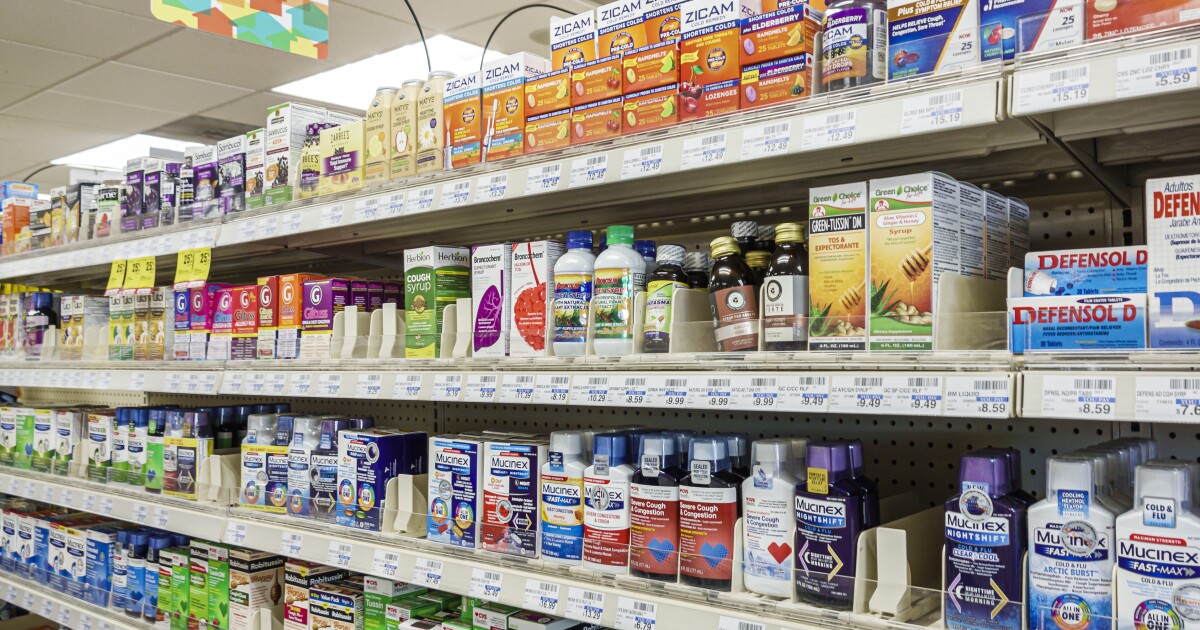When you stroll down the cold and flu aisle in a drugstore, it’s easy to get lost in the dizzying array of products promising to clear sinus pressure, dry up sniffles and stop plaguing coughs. Some concoctions even offer it all in one magical pill.
But doctors say the science behind some of those claims is lackluster.
“There’s just not much that’s very effective for treating the common cold,” said Dr. Lauren Eggert, clinical assistant professor in the Pulmonary Allergy and Critical Care Division at Stanford University.
“Most of the things out there — antihistamines, decongestants, cough medicines — none of them have a lot of evidence that they’re super effective at improving cough or common cold symptoms.”
Headlines blasted that message in September when advisers to the FDA found oral phenylephrine, which is an active ingredient in some Sudafed, Mucinex, and Dayquil products, is simply not effective. The review was prompted by inquiries dating back nearly a decade.



I wouldn’t recommend seeing a doctor unless you’ve been sick for over a week, have symptoms of a bacterial infection (like strep throat), are running a high fever that’s resistant to nsaids, or any severe symptoms like difficulty breathing.
Otherwise you’re just paying to be told to get rest and drink plenty of fluids, and potentially infecting people at the clinic. Or they just throw unnecessary antibiotics at you which increase your risk of a c-diff infection (would not recommend).
If your doctor is cool, you can probably call and talk to the nurse on staff and they’ll tell you to come in or not.